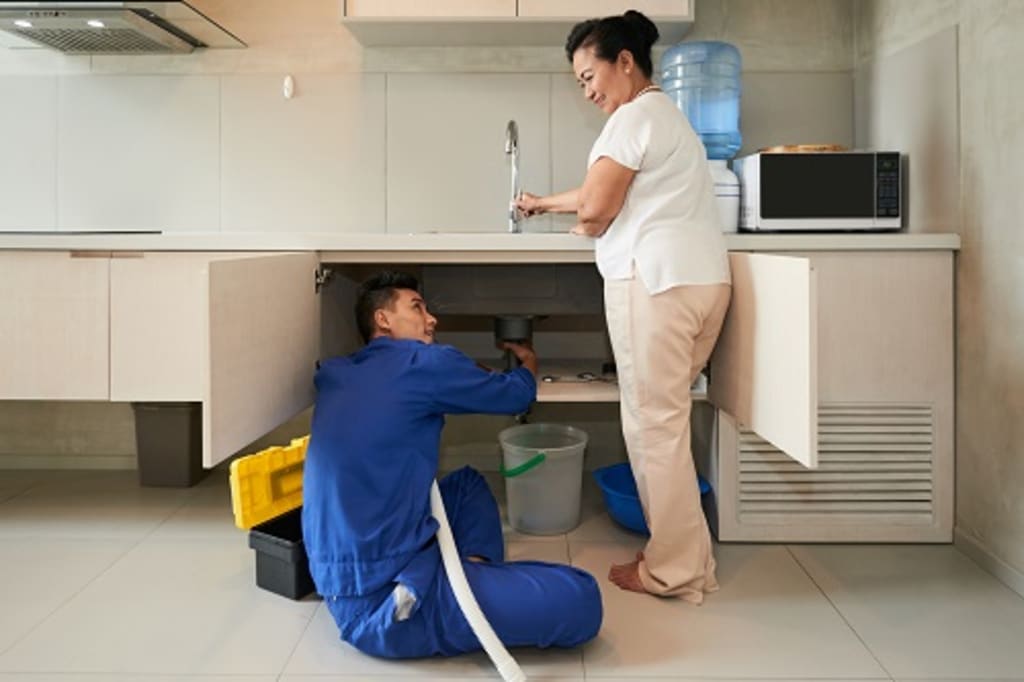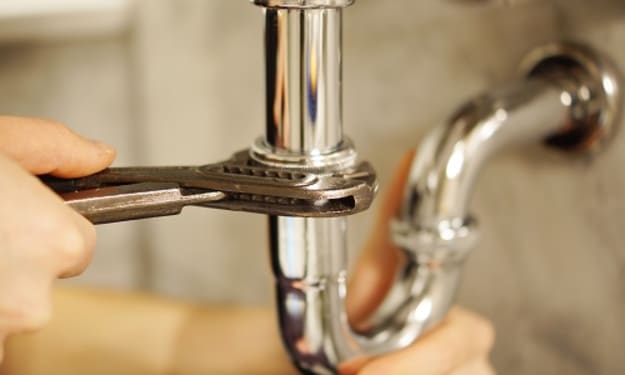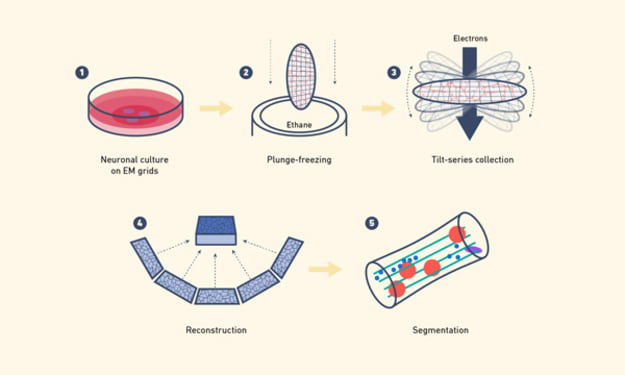Dealing with Water Damage? Find the Best Restoration Services Near Me
Water Damage Restoration Near Me

Introduction
Water damage can be a nightmare for any property owner. Whether it's due to a burst pipe, a leaky roof, or flooding, the consequences of water damage can be devastating. In such situations, finding a reliable and efficient water damage restoration near me is crucial. aims to provide you with all the information you need about water damage restoration and guide you in choosing the best service to help you recover from water-related disasters.
Water Damage Restoration Near Me
Water damage restoration near me is a critical service for homeowners and business owners alike. When facing water damage, time is of the essence, and finding a reputable restoration service nearby can make all the difference. Here, we will explore various aspects of water damage restoration and equip you with the necessary knowledge to tackle such situations efficiently.
The Importance of Immediate Action
When dealing with water damage, acting promptly is crucial. The longer water sits on your property, the more extensive the damage becomes. Immediate action helps prevent mold growth, structural issues, and further destruction. Water damage restoration professionals are equipped to respond swiftly and begin the restoration process promptly.
Understanding Water Damage Categories
Water damage is classified into three categories based on its source and level of contamination:
Clean Water (Category 1): This is water from a clean and sanitary source, such as a broken water supply line or faucet leak. It poses no substantial threat to humans.
Gray Water (Category 2): This includes water that contains a significant level of chemical, biological, or physical contaminants. It may cause discomfort or sickness when consumed or exposed to the skin.
Black Water (Category 3): Black water is highly unsanitary and contains dangerous levels of bacteria, fungi, and other harmful substances. This category includes sewage backups, floodwaters, and water from natural disasters.
Water Damage Restoration Process
The water damage restoration process involves several essential steps:
Water Damage Assessment
The restoration professionals will assess the extent of the water damage to your property, including affected areas and potential hazards.
Water Extraction
Removing standing water is the first priority. Specialized equipment is used to extract water efficiently.
Drying and Dehumidification
After water extraction, the property is thoroughly dried and dehumidified to prevent mold growth.
Cleaning and Sanitization
All surfaces and belongings are cleaned, disinfected, and sanitized to ensure a safe living environment.
Restoration and Repairs
The final step involves restoring your property to its pre-damaged condition. This may include minor repairs or major reconstruction.
Hiring a Water Damage Restoration Service Near Me
When choosing a water damage restoration service, consider the following factors:
Experience and Expertise: Look for a company with a proven track record in handling various types of water damage.
24/7 Availability: Water damage emergencies can happen at any time. Opt for a service that offers round-the-clock availability.
Licensed and Insured: Ensure the company is licensed and adequately insured to protect yourself from liabilities.
Advanced Equipment: The restoration service should use modern and efficient equipment for water extraction and restoration.
Customer Reviews: Check online reviews and testimonials from previous customers to gauge the service's reliability and quality.
DIY Water Damage Restoration: Yay or Nay?
While some minor water damage issues can be handled on your own, it's essential to recognize the limitations. DIY water damage restoration may be suitable for small leaks or spills. However, for significant water damage, it's best to leave it to the professionals. They have the expertise, tools, and experience to handle complex restoration tasks effectively.
Preventing Water Damage in the Future
Prevention is always better than restoration. Here are some tips to minimize the risk of water damage in the future:
Regularly inspect and maintain your plumbing system.
Ensure your roof and gutters are in good condition.
Install a sump pump to prevent basement flooding.
Keep an eye on your water bill for any unexpected spikes, indicating a potential leak.
Insulate pipes to prevent freezing and bursting during cold weather.
FAQs
Q: What should I do immediately after discovering water damage in my home?
A: If you notice water damage, shut off the water supply if possible, and contact a water damage restoration service near you immediately.
Q: How much does water damage restoration near me typically cost?
A: The cost of restoration varies depending on the extent of the damage, the category of water, and the size of the affected area. It's best to request a detailed estimate from the restoration company.
Q: Can water damage lead to mold growth?
A: Yes, if water damage is not addressed promptly and properly, it can lead to mold growth, which poses health risks and requires additional remediation.
Q: Will my insurance cover water damage restoration expenses?
A: It depends on your insurance policy. Review your coverage with your insurance provider to understand what is included.
Q: How long does the water damage restoration process take?
A: The duration of the restoration process depends on the extent of the damage. It can range from a few days to several weeks.
Q: Can I stay in my home during the restoration process?
A: In some cases, you may be able to stay in your home during the restoration, especially if only a small area is affected. However, for extensive damage, it may be safer to temporarily relocate.
Conclusion
Water damage restoration is a critical service that can save your property from further devastation. Acting swiftly, understanding the categories of water damage, and choosing a reliable restoration service are essential steps in handling such emergencies effectively. Additionally, taking preventive measures and recognizing the limitations of DIY restoration can help minimize the risk of future water damage. Remember, the key to successful restoration is immediate action and professional expertise.
About the Creator
Enjoyed the story? Support the Creator.
Subscribe for free to receive all their stories in your feed. You could also pledge your support or give them a one-off tip, letting them know you appreciate their work.





Comments (1)
When there are water leaks, it's important not only to quickly call a plumber so that he can fix the problem, but also to make sure that there is no water left anywhere. With high humidity there is a high risk of mold. You may find this resource https://sosrestorationny.com/ useful if you've already encountered mold or are worried about it. This is really important because mold is detrimental to your health.